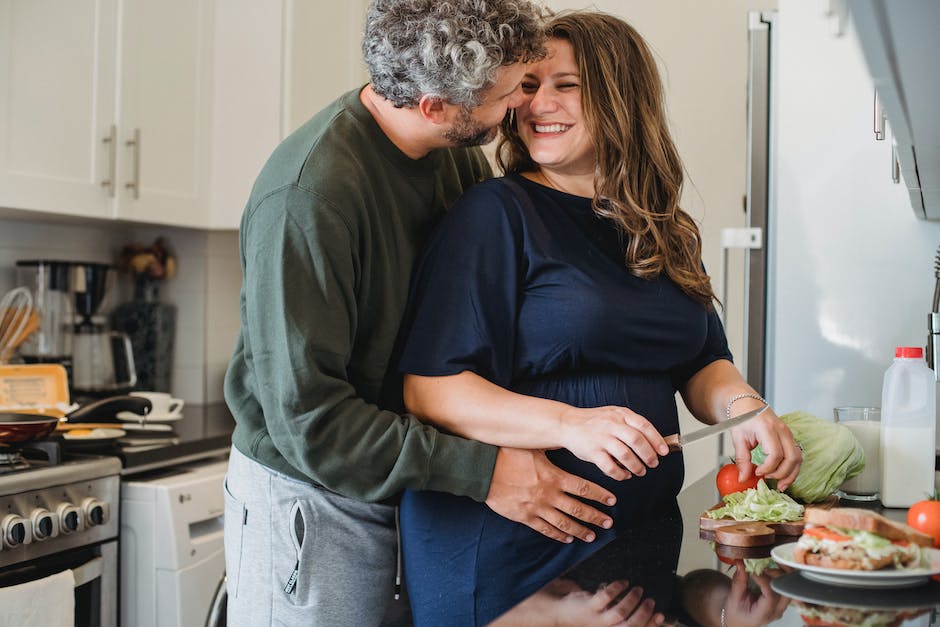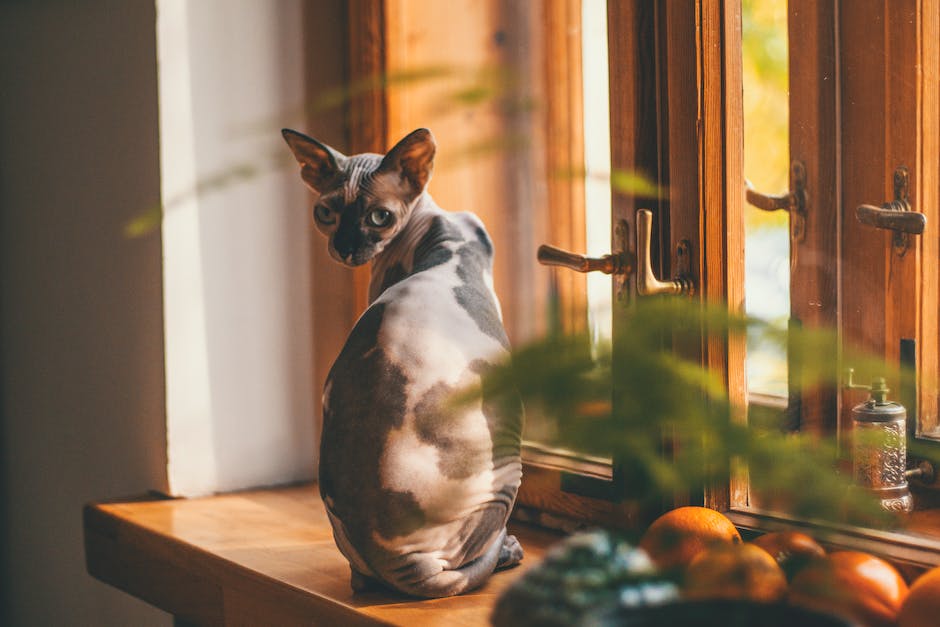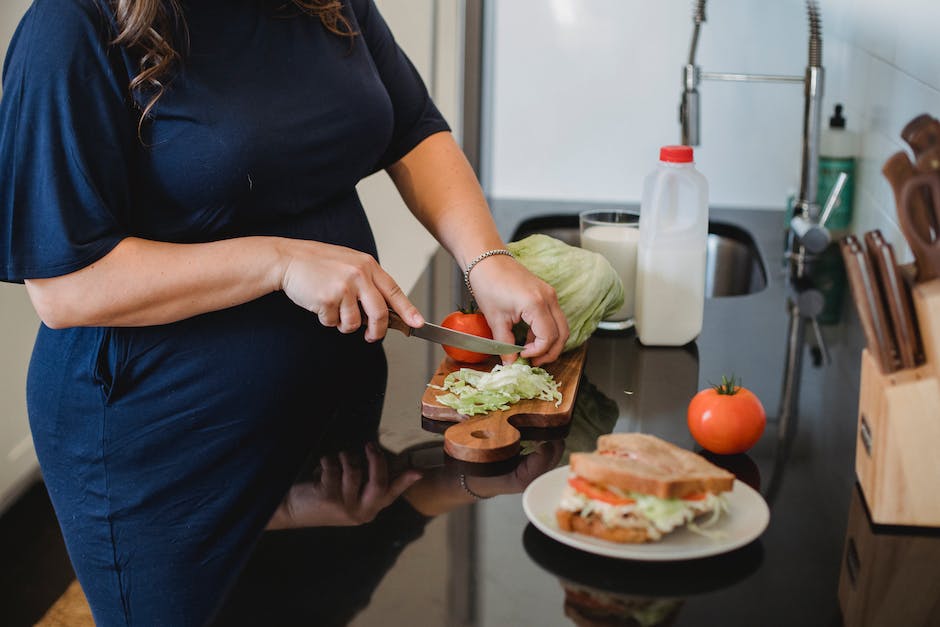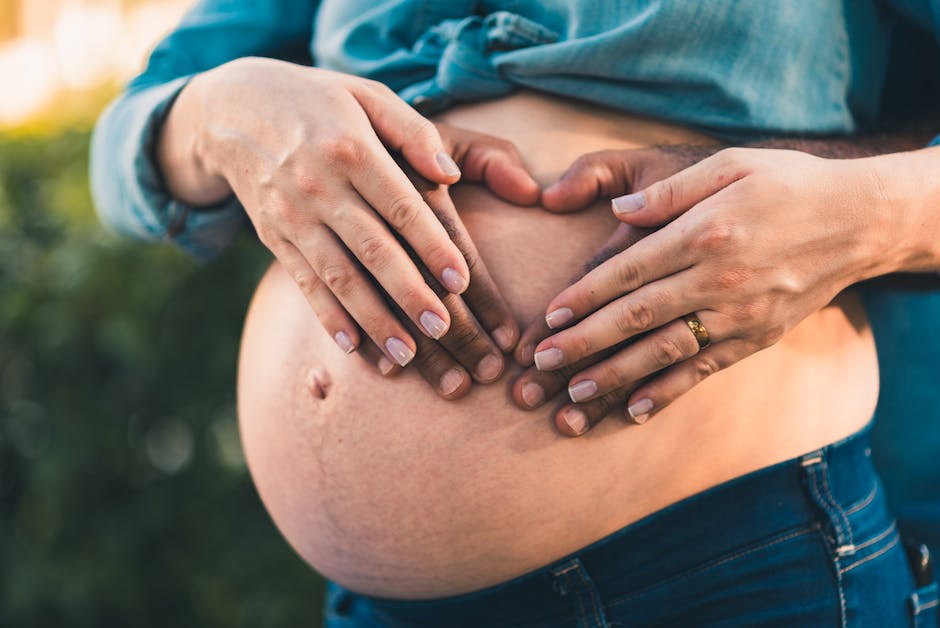Welcoming a new member of the family is one of the greatest moments in life. As exciting as it is for the parents, it may have some significant impacts on pets, especially cats. Cats possess a remarkable ability to sense changes in their environment, and a pregnant owner’s body chemistry can be an arena of new, confusing signals for them. They may exhibit unusual behaviors, like clinginess or standoffishness, to signal their discomfort or anxiety. In this blog post, we will explore how cats know you’re pregnant and how you can prepare them for the arrival of the new bundle of joy.
Sense of smell and hormonal changes

Cats have an exceptional sense of smell which enables them to pick up on very subtle cues that other animals might miss. For instance, they can detect faint scents emitted by hormones secreted during pregnancy, including estrogen and progesterone. When a woman becomes pregnant, her body undergoes significant hormonal changes, and as a result, she releases these hormones which can be detected by her cat.
The hormonal changes that come with pregnancy can also cause changes in a woman’s scent, and this too, can be detected by her cat. For many cats, their sense of smell is much more reliable than their vision or hearing, so it’s not surprising that they can pick up on these changes and sense that their owner is pregnant.
In fact, studies suggest that cats can not only sense when their owner is pregnant but also when they are about to go into labor. They can pick up on the pheromones that are released when a woman’s body is preparing for birth.
Overall, the sense of smell plays a significant role in how cats can tell when their owners are pregnant. Their remarkable olfactory abilities enable them to detect even the slightest hormonal changes and scent differences in women’s bodies.
Cat’s ability to detect minor body changes

Cats are known for their impressive sense of smell and their ability to pick up on subtle changes in their environment. One such change is a woman’s pregnancy. A cat’s keen sense of smell allows them to detect hormonal changes in their human’s body, which can occur as early as the first few weeks of pregnancy. Additionally, cats are highly intuitive animals and are sensitive to changes in their owners’ behavior and emotional state. This heightened intuition can be helpful in picking up on minor body changes and alerting their owners to potential health risks or concerns. While cats may not fully understand the concept of pregnancy, their ability to detect these changes is just one of the many ways they can help us in our daily lives.
The change in the way how a cat behaves around you

As soon as a woman gets pregnant, the hormonal changes that happen in her body can also affect the behavior of her cat. Due to the changes in your scent and behavior, your cat may sense that something is different about you. They can feel the changes both physically and emotionally. For instance, your cat may become more affectionate than usual, or on the contrary, they might steer clear of you due to the changes in your personality. Furthermore, cats are known for their sensitiveness in detecting changes in their surroundings. Thus, if you spend less time playing with your cat, they may become unhappy and depressed. Conversely, if you spend more time cuddling your cat, they may sense that something good is coming ahead, like a newborn baby. Therefore, it is very important to maintain a healthy relationship with your cat during pregnancy, to make sure your cat doesn’t feel abandoned and neglected.
Increase in attention and being clingy

Cats have a reputation for being independent and aloof creatures, but when it comes to pregnancy, they can become surprisingly clingy and attentive to their owners. Many pregnant women report that their cats become more affectionate and follow them around constantly. This behavior can start as early as a few weeks after conception, and it’s not always clear why it happens.
One theory is that cats can detect changes in their owners’ hormones as their bodies prepare for pregnancy. For example, cats may be able to pick up on elevated levels of estrogen, which is a hallmark of pregnancy. This could explain why they become more affectionate and attentive, as they sense that something important is happening.
Another possibility is that cats simply sense that their owners are going through a major life change and want to offer support and comfort. Cats are sensitive creatures that can pick up on subtle changes in their environment, so it’s possible that they are responding to cues from their owners that they are not even aware of.
Whatever the reason, it’s clear that cats can sense when their owners are pregnant and can become more attentive and clingy as a result. This behavior can be a sign of the deep bond that many cat owners share with their furry companions, and it’s just one more reason why cats make such wonderful pets.
Decrease in aggressiveness

During pregnancy, many changes happen to a woman’s body, including hormonal changes that may cause mood swings and other behavioral symptoms. Surprisingly, these changes can also affect our pets, especially cats. However, the good news is that cats often become more nurturing and affectionate towards their pregnant owners.
One of the most noticeable changes in cats’ behavior during pregnancy is a decrease in aggressiveness. Cats are known for their unpredictable behavior, and they may scratch or bite if they feel threatened or annoyed. However, during pregnancy, many cats become more tolerant and gentle towards their owners. This can also be seen in cats’ interactions with other pets and children in the household.
The reason for this decrease in aggressiveness is not fully understood, but some experts believe it may be related to cats’ ability to detect changes in their owners’ hormonal levels. Pregnancy causes a surge in hormones, such as estrogen and progesterone, which may trigger cats’ instinct to protect their owners and their offspring. In addition, cats may associate changes in their owners’ behavior, such as increased fatigue or morning sickness, with the need for extra attention and care.
Overall, if you are a cat owner and are pregnant, there is a chance that your feline companion will become more loving and gentle towards you. However, it is still important to monitor your cat’s behavior and provide them with enough attention and care during this time.
Showing more affection and concern towards you

During pregnancy, cats may exhibit changes in their behavior and become more affectionate and concerned towards their owners. These changes can be subtle, such as an increase in sitting next to you or following you around the house. They may also begin to show more physical affection, such as snuggling or licking your hands or face.
Some experts believe that these changes occur because cats have a heightened sense of smell and can detect changes in their owner’s hormones. As a result, they may be able to sense the presence of a growing fetus and instinctively respond to the changes in their owner’s body.
While these changes in behavior are not guaranteed and can vary from cat to cat, it’s important to remember to show your furry friend love and affection during this time. Many cats can become stressed by major life changes, such as a pregnancy, and may need extra attention and support from their owners.
Changes in the environment affect the cat’s behavior

When a person in the household is pregnant, the environment changes in significant ways. For cats, it’s natural to notice these changes and react appropriately. For instance, pregnant women’s scent and moods may change, and cats have a keen sense of smell and intuition. They may become more affectionate because they sense their owner’s emotional needs, or they may become more protective, sensing that their family member is vulnerable. Some cats may even become more vocal or demanding than usual, while others may retreat and become less social. Overall, a cat’s behavior will adapt to its environment, and being aware of your feline’s response to your pregnancy can help you create a happy, healthy home for everyone.
Some cats may show negative behavior towards pregnancy

During pregnancy, hormones in the body change significantly. This can cause some cats to react negatively to their owner’s pregnancy. Some cats may become aloof or even aggressive towards their owner. This behavior can be attributed to the change in scent and pheromones that the cat detects in their owner. In addition, cats are extremely perceptive creatures, and they may pick up on the changes in their owner’s behavior or routines, causing them to become anxious or stressed. Despite these negative reactions, it is essential to remember that every cat is different, and some may positively respond to pregnancy, becoming more affectionate or protective towards their owner.